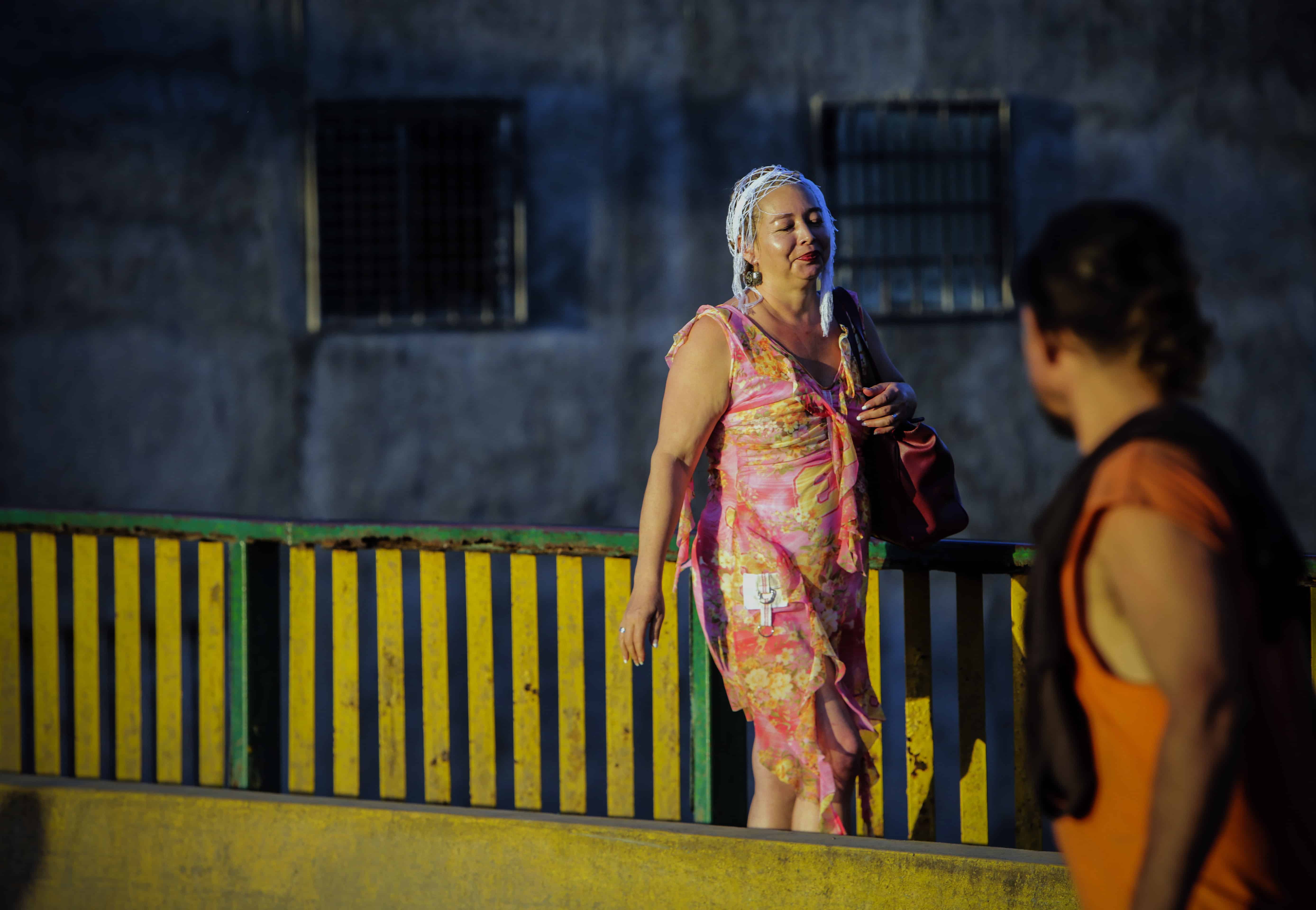But today she has put on a modest flower-print dress to attend her first law class, one of 60 sex workers who are training to become volunteer “facilitators” in the Nicaraguan justice system.
Cony — short for Concepcion Jarquín — learned early on to survive in a hostile world, and now hopes to use her street sense to help others defend themselves.
Raped by a neighbor at age six, she dropped out of school in shame and left home to escape the rebukes of her mother, who blamed her for what happened.
Forty years and countless humiliations later, this lively, smiling woman is studying part-time in a conference room at the Supreme Court to learn the basics of the Nicaraguan civil and criminal codes.
She will then be sworn in to act as a liaison between residents of her impoverished neighborhood and an often inaccessible justice system.
The free, year-long course, which meets once every two months, was organized by the Sunflowers Sex Workers’ Association, a group set up three years ago to help prostitutes get medical care and professional training.
It is part of a broader initiative that has trained 4,300 facilitators across Nicaragua in the past 17 years to mediate in neighborhood conflicts — arguments between neighbors, disputes over money, etc. — or get help from support groups or the police in more serious cases.
The program has been so successful at reducing the caseload of the overburdened court system that eight other Latin American countries have adopted it.
But this is the first time sex workers are taking part.
Maria Davila, the head of the Sunflowers association, said prostitutes are ideal for the job.
“We are fighters who know how to overcome and find bread to feed our families,” she said at the inauguration of the program.
“We are women with rights and abilities…capable of helping our sisters and their families.”
Helping others escape abuse
For Cony, it is a chance to serve her community and regain some of the dignity lost doing her other job.
“Seeing a stranger on top of you is horrible. It’s not a dignified job. It’s disgusting. But that’s how we feed our children,” she told AFP at the small shack made of scrap wood and plastic where she lives in the city of Matagalpa.
Cony, who has light brown skin and delicate features, turned to prostitution to raise her two children, and continues working to support her three grandchildren.
She has slept with men of nearly every kind imaginable, she said: “Farmers, office workers, college graduates, pastors, priests, politicians….”
Nicaragua, a country of six million people, has some 14,000 prostitutes.
Often they are abused by clients, targeted for rapes and muggings, have no health care and face discrimination by the police.
Another woman taking part in the course, Alondra — her name has been changed at her request — described the horrors sex workers can face.
“I was raped twice. Once by a gang of 10 people in Managua. I nearly lost my mind,” she said.
The 36-year-old, who does not earn enough to make ends meet in her day job as a housekeeper, said she hopes to help others escape the abuse she has faced.
“I’m going to enrich myself more, empower myself more and use what I learn to help people,” she said.
There is no shortage of conflicts to resolve in these women’s neighborhoods.
In Cony’s, for example — a slum called Sor Maria — neighbors live practically on top of each other in tiny shacks made of plastic and scrap metal. The only source of water is a truck that passes every two days selling it in jugs.
Disputes, fights and domestic violence are a daily reality.
Yesenia Alston, a 35-year-old participant in the program, said she is “proud to be a sex worker” but also looking forward to doing more in her community.
The course “is an opportunity to help our families and our fellow sex workers, to use the knowledge we’re acquiring to defend our rights,” she said.






